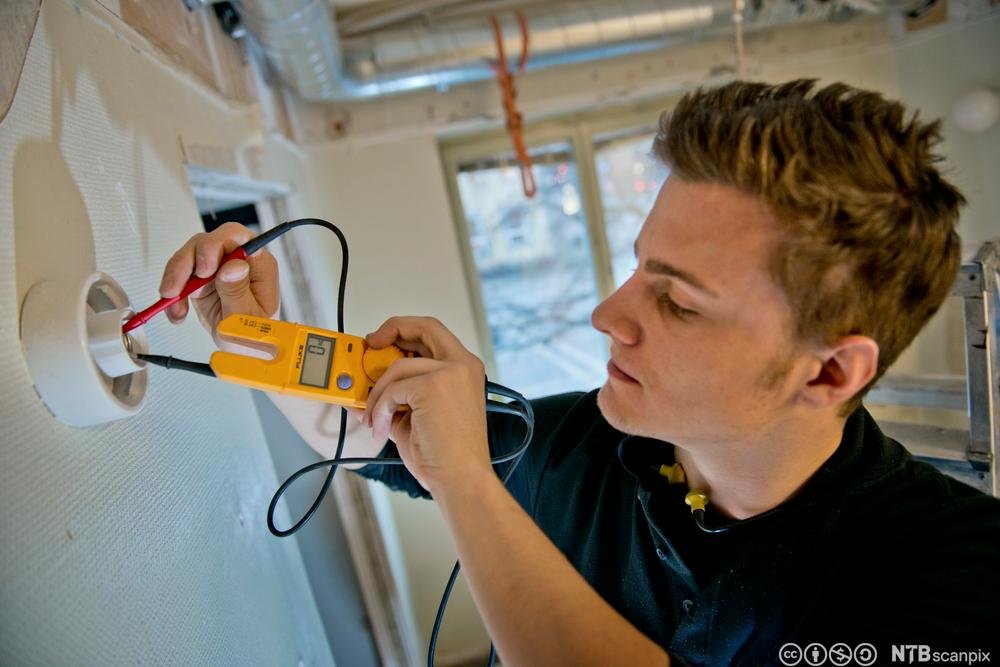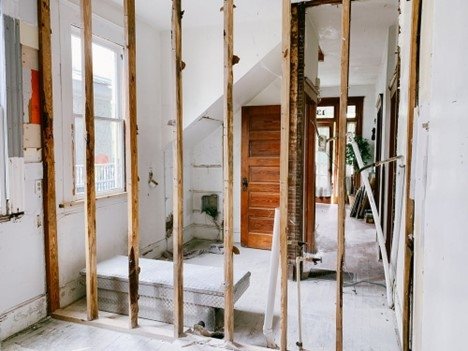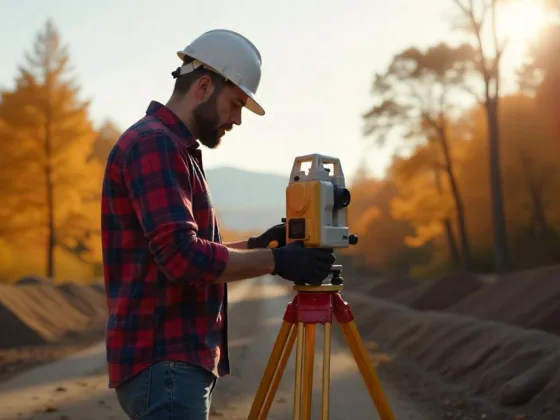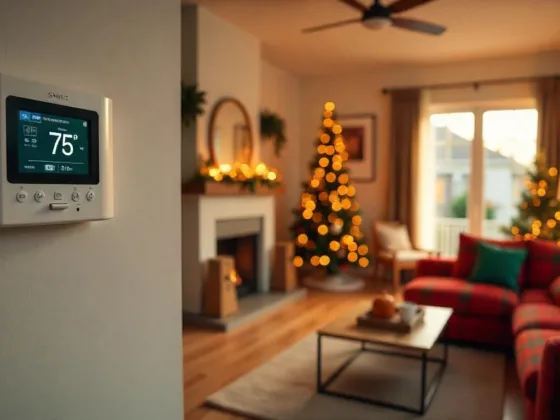Table of Contents Show
From top to bottom, there’s a lot to consider when upgrading your home. Lighting is often one of the first things people think of changing when remodeling. But where should you start?
Do you know how to do home wiring? Is it something you should leave up to the professionals? If so, how can you choose the right person?

As a homeowner, you must know all about home improvement projects. This way, you can stay safe and get the most out of your efforts.
Here are five beginner tips for home wiring.
1. Check Your Home’s Electrical Panel
This is the first step in making sure your home is wired correctly. Your electrical panel will have all the information you need to determine what size and type of electrical wire to use. Always check your home’s electrical panel to ensure the power is off before you start working on any wiring projects.
2. Inspect Your Wiring Regularly
Regularly inspect your home wiring to ensure it is in good condition and to keep your family safe. Check for any frayed or exposed electrical wire, and provide all connections are secure. If you notice any damage, have an emergency electrician repair it.
3. Do Not Overload Your Circuits
This can be a major cause of electrical fires. When adding new appliances or electrical devices to your home, consult an electrician to ensure that you’re not overloading any electrical circuit.
If you’re not sure how many appliances or devices can be safely connected to an electrical circuit, err on caution and spread them out across multiple circuits.
Read Also:
- Are you Looking for an Electrician? Here is a Guide to Use
- How to Hire Emergency Call Out Electricians
- When to DIY & When to Call an Electrician
- What is an Emergency Electrician?
4. Use Ground Fault Circuit Interrupters
With these devices, you can help to protect yourself and your home from electrical fires. With these devices installed, you can provide a barrier between your home and the outside power lines. Additionally, you can help to protect your home from electrical surges.
5. Install Smoke and Carbon Monoxide Detectors
Homeowners should install smoke and carbon monoxide detectors on every level of their home and outside of each sleeping area. These detectors could save your life in a fire or gas leak, so it is important to know where they are located.
Always keep it clean and free of debris. Additionally, don’t disable detectors – if they go off, there’s a reason.
It is essential to test these detectors monthly and to replace the batteries at least once a year. Along with this, homeowners should also create and practice a home fire escape plan. It is best to prevent fire, but once a faulty wiring or gas leak results, you need to know exactly what to do and where to go.
Do Home Wiring Right
If you’re a beginner at home wiring, these five simple tips will help make the process easier.
Remember to always shut off the power before starting any projects, be careful when working with live wires, and always consult a professional if you’re unsure of something. With a little bit of knowledge and care, you can successfully wire your home.
Want to know more home advice? Check out our other guides to learn all you can.









